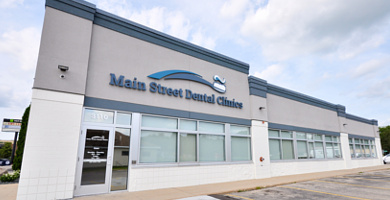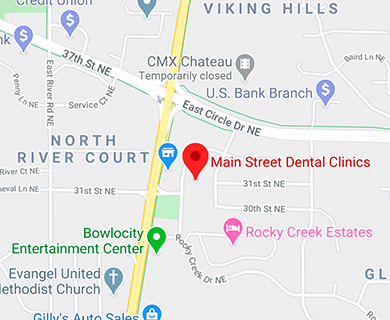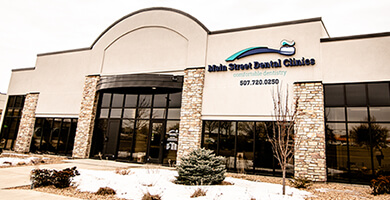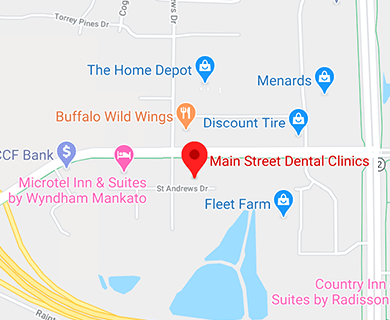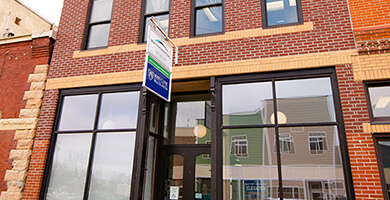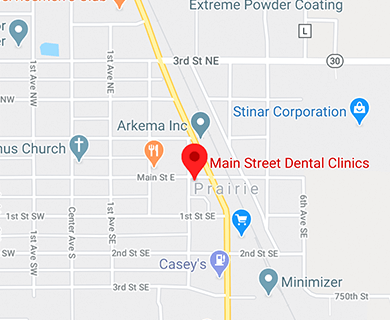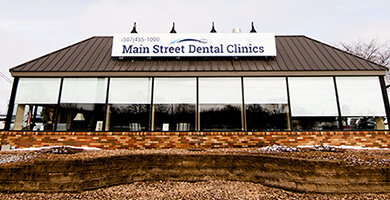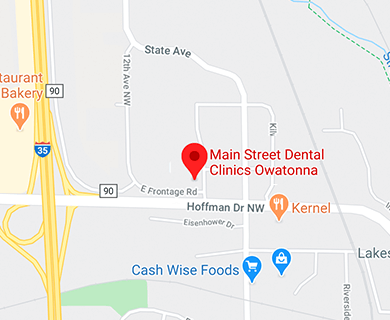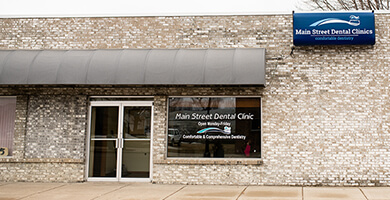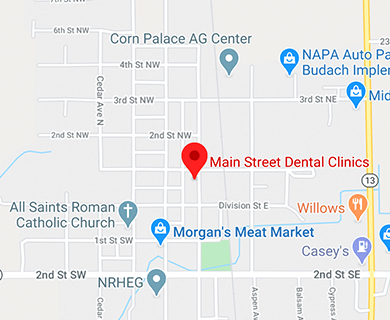Teeth tingling is a prickling or stinging sensation in your teeth and might be accompanied by inflammation or bleeding gums. Usually, this is nothing to worry about, and your dentist will provide you with relief for the sensitivity.
There are a number of factors that cause teeth tingling, and making an appointment with your dentist will help you identify the source of the problem. Four reasons to why you might be experiencing teeth sensitivity that we'll cover include
- Pulpitis, or a toothache
- A worn tooth enamel
- Teeth grinding
- Gum recession
1. Pulpitis
Pulpitis, often referred to as a toothache, is an inflammation of the dental pulp — the connective tissues and cells in the center of your teeth. If the pulp comes into contact with irritants — such as impacted food in the gum, tooth decay or gum disease — you might experience a tingling sensation on your teeth.
Avoiding cold and hot food or taking an over-the-counter painkiller could reduce some of the pain. But it's best to visit your dentist, who will take an X-ray of your teeth and prescribe the right treatment. Sometimes, pulpitis can be reversed with a simple tooth filling.
2. Worn Tooth Enamel
Your tooth enamel — a hard substance that covers the crown of each tooth — can become worn down over time, causing your teeth to tingle. Acids from sugary drinks and processed foods often break away the enamel surface, making it more sensitive to irritants. Hard toothbrushes are another culprit of tooth enamel erosion, and you might experience a tingly sensation if you brush your teeth too hard.
[RELATED: Do you brush your teeth properly? Find out!]
Your tooth enamel could also be eroded due to
- Dry mouth
- A high-in-sugar diet
- Acid reflux disease
- Genetics
- Gastrointestinal issues
- Medications (aspirin, antihistamines)
Unfortunately, you can't restore your tooth enamel after it's been damaged, but there are a number of ways you can take better care of your teeth. The American Dental Association recommends you use a soft-bristled brush for teeth cleaning, for example.
Another solution for ceasing wear on the enamel would be to limit your intake of sugary, acidic, and highly-processed foods. Switch to foods that promote oral health, such as cheese, leafy greens, and yogurt.
3. Teeth Grinding
Most people grind their teeth at some point in their lives. Regular teeth grinding, however, increases sensitivity and could damage your jaw bone. Bruxism — the medical name for teeth grinding — affects 10 percent of Americans, and is characterized by a clenching of the teeth, which usually occurs during sleep.
Oftentimes, teeth grinding is a result of stress or anxiety during the day. Other causes can include smoking, excessive alcohol consumption, sleep apnea, too much caffeine, and depression. Bruxism sometimes can be a side effect of a new medication as well.
There are a number of treatments for bruxism, and many of these will stop any tingling sensation you experience. A dentist might recommend you wear a mouthguard, for example, or suggest muscle relaxation and breathing techniques to lessen the symptoms.
4. Gum Recession
Gum recession is another cause of teeth tingling. This occurs when the gum tissue pulls away to reveal more of the tooth, creating gaps between the teeth and gum line. When bacteria fills these gaps, you might experience mild sensitivity or a dull pain. Various factors cause gum recession, including genetics, vigorous tooth brushing, and poor oral health.
Even if you take care of your dental hygiene, you might still develop a receding gum line. "Some people may be more susceptible to gum disease," says WebMD. "In fact, studies show that 30 percent of the population may be predisposed to gum disease, regardless of how well they care for their teeth."
While your gums can heal, they cannot grow back. However, a surgical procedure called a gum graft can potentially reverse the damage of gum disease. Pinhole surgery is another procedure that's minimally invasive and will help to correct a receded gum line.
Seeing a dental hygienist for a regular cleaning could prevent gum recession getting worse. The hygienist will remove plaque and tartar from the root surfaces of your teeth, instantly destroying harmful bacteria. Better oral care, such as flossing, will prevent the bacteria from returning in the future.
What to Do About Tingling Teeth
Teeth tingling is more than a nuisance. It signals that there is an underlying issue with your teeth that you need to resolve. One in eight people experience tooth sensitivity in some form, according to a recent study. Only a dentist, however, knows how to fix the problem and prevent this unwanted sensation from getting worse.
The doctors at Main Street Dental can help with any questions or concerns you have about sensitive teeth. Request an appointment today!


